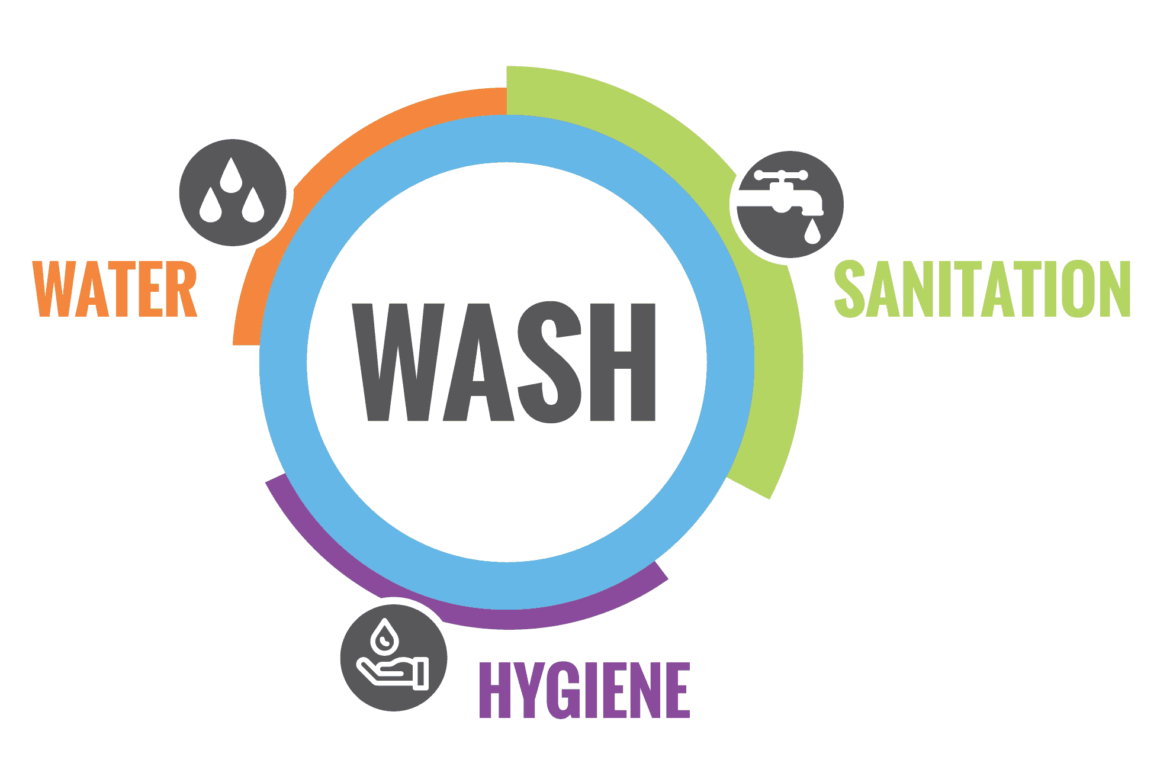By Asmau Ahmad
The United Nations has appreciated Nigerian Government’s efforts towards scaling up access to potable water and sanitation services in the country’s rural communities.
UN Secretary General’s Chef de Cabinet, Mr Courtenay Rattray, at a visit to Tudun Fulani community in Kwali Area Council in the FCT, expressed joy at the success of current interventions to improve the lives of people.
According to him, efforts and commitments shown by the Nigerian government are commendable, as it was in line with UN’s interest and strategic vision for promoting human rights and inclusive development.
“For some of us working in offices in New York (U.S.), it is good to come out to the field to see how the work we are doing in terms of analysis, management and planning is actually translated at the ground level.
“And it is such a pleasure to come and see the difference being made in people’s lives, and to see how it impacts the very young and the very old people. So it has been a very enriching experience for me.
“I think there is a serious commitment on the part of the government, and we are very pleased at the United Nations, to have a partner that is willing and supports us so well on ground.
“I think our interests are aligned and our strategic objectives are one, and we get all the support that we need.”
Rattray commended the community leader, his members and the Local Government Water, Sanitation and Hygiene (WASH) Department, for the beautiful reception he received, saying he would not forget the visit in a hurry.
Earlier, the Head of Tudun Fulani, Alhaji Aliyu Abubakar, said since the introduction of WASH services in his community, households had imbibed behavioural changes for hygiene promotion.
Abubakar noted that sickness and illness that occurred prior to the intervention had reduced, with under-five children living healthy without frequent hospitalisations.
According to him however, unemployment remains a major concern, as many youths were not productive, calling on the team to seek out ways to include youths in development programmes.
“Our children no longer fall ill from malaria, diarrhea, cholera and typhoid, this is because we are now aware that we should not defecate openly.
“Most households have their toilets; our only challenge is the security threat from kidnappers and unemployment.”
Chisom Adimorah, UNICEF WASH Specialist, said the organisation was supporting the Federal Government to end open defecation, practiced by 47 million people.
According to Adimorah, interventions adopted by UNICEF included the Community-Led Total Sanitation, to encourage communities to take ownership of their hygiene behaviours and the introduction of sanitation marketing.
This, she said, was targeted at strengthening access to sanitation products and services, done in partnership with Lixil Technologies as introduction to Satopans.
Satopans are simple, cost effective, fly-proof toilet pans that use minimal water.
She said since implementation of these interventions, there had been a demand for improved sanitation in 428 communities with members developing open defecation free action plans.
The WASH specialist said through UNICEF’s Sanitation promotion programme, 60 per cent of the toilets in these communities had been improved through the use of SATO Products.
“Thus, SATO has contributed immensely to the emergence of improved toilets in Nigerian households.
“In 2023, UNICEF seeks to collaborate with the Clean Nigeria Campaign to scale up sanitation and hygiene interventions to all 428 communities and 30 institutions in need to enable Kwali LGA achieve ODF before the year ends.”
Mrs Aisha Bakpet, Head of Department, Sanitation, FCT Rural Water Supply and Sanitation Agency, representing the Executive Director, Dr Mohammed Dan-Hassan, said prior to UNICEF’s intervention in the community, open defecation practices were prevalent.
Bakpet said young children had become ‘hygiene heroes’ in school and homes, following the hygiene messages they received, thus educating other peers and parents on behaviour change.
She said with the introduction of toilet business owners and sanitation marketing, many young people had seen the economic benefits of investing in toilet facilities.
She however stressed the need for routine training and strengthening of WASH committees so as to sustain progress made.




